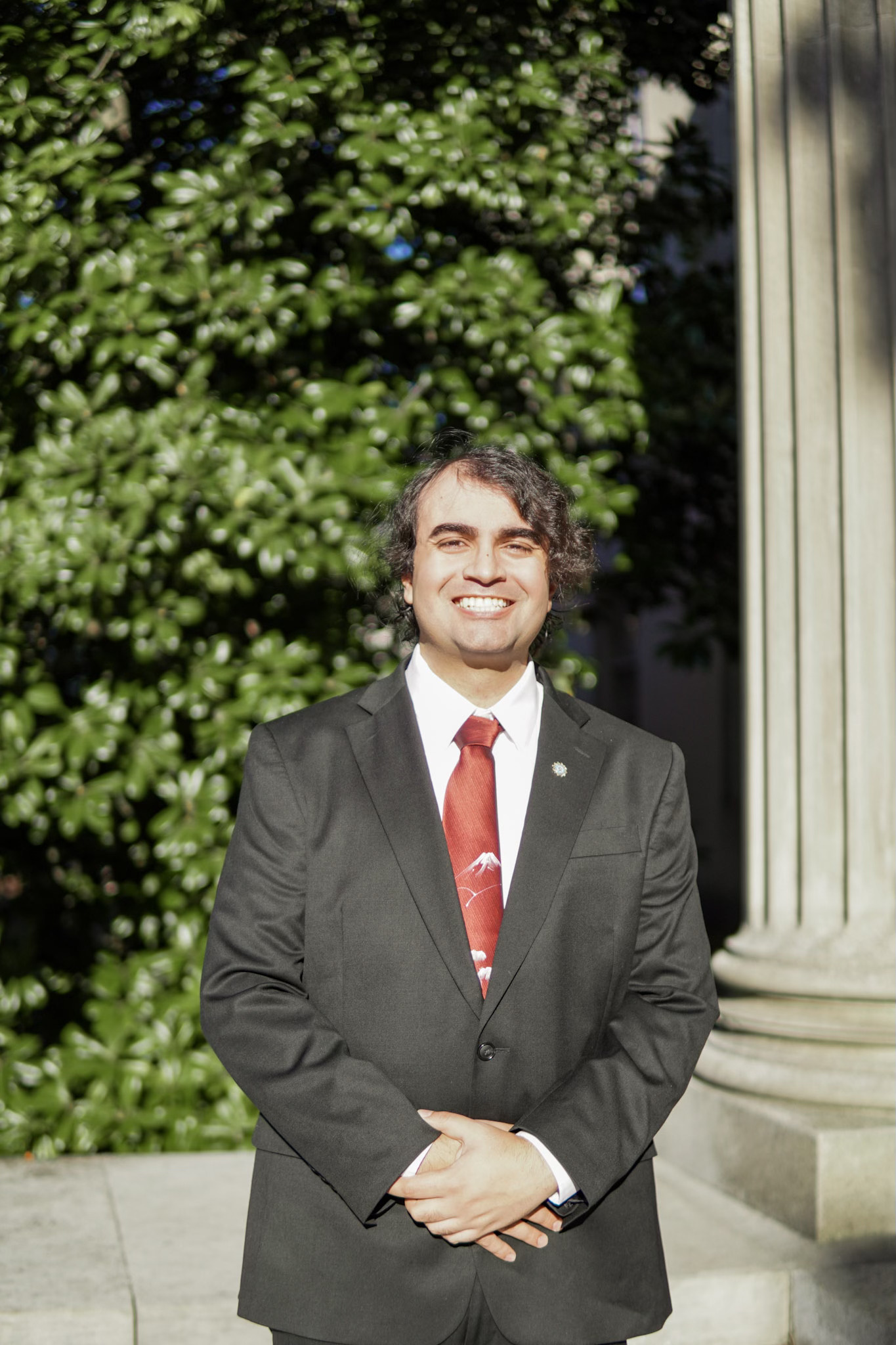Department of Academic Affairs and Professional Development
The Department of Academic Affairs and Professional Development in the Everett Administration aims to advocate for, progress, and sustain progressive and equitable academic policies that support all students, especially underrepresented students. It is also the AAPD’s mission to analyze current academic policies at UNC and ensure they are free from systemic barriers that prevent success for students, as well as host professional development events.
The department’s priorities include:
- Encourage Online Accessibility and Use of Open Access Resources – The Department will reach out to professors across majors to advocate for the use of free open access or low-cost resources where possible. Educators will continue to be advised on minimizing the monetary load that students will be asked to take on for mandatory curriculum supplies and learning goods. AAPD will also continue to work with the Faculty Governance Council to ensure all educators upload lectures online, to maintain the required standards of fairness and accessibility.
- Additional Scholarships to Support Marginalized Students – The Department will make efforts to minimize costs of enrollment for students from marginalized backgrounds by working in conjunction with the UNC Office of Scholarships and Student Aid to institute new scholarships that broaden financial assistance and ensure underrepresented students receive additional support to fund the materials complete their Tar Heel journey.
- Student Body Wide Survey Regarding University Academic Policies – The Department will curate and send out several fields of study specific surveys to the student body with incentives to gather feedback regarding changes students want to see in existing academic policies at the university, as well as new academic policies that should be enacted to support their professional and academic development. These surveys will gauge policy visibility and utilization by student background, and thus provide information that can help overhaul existing academic and professional programs by reducing barriers to them.
- Promotion of Field of Study Specific Resources and Research Opportunities – The Department will host hybrid events in partnership with organizations like Tar Heel Transfers, UNC Career Services, and the First-Generation Student Association to connect first-generation and minority students with resources, research, internships, and career pathways catered to their major/department of interest and allow them to hear from both professors and industry leaders to better understand their path forward. AAPD will also institute an online Resource and Career hub to provide students with a continuously updated list of connections and opportunities, based on their field of study, to boost their collegiate and professional growth.
- Peer and Professional Tutoring Promotion and Revamp – The Department will work with the Learning Center to better integrate practices that are more welcoming and visible to marginalized and transfer communities, allowing these students to take advantage of these essential yet underused resources throughout their time at Carolina. Efforts will be made to identify inefficiencies in the provision and availability of these tools, and the department will advocate for more opportunities for one-on-one support and tutoring. AAPD will also work to expand the Learning Center’s Test Prep Resources and study programs to boost student success as they prepare for graduate school or later professional endeavors.
- Industry Expert Events and Mentorship – AAPD will reach out and invite established alumni and industry professionals as speakers so they may share their insight and discuss possible career pathways or educational concentrations that are in vogue. The intended purpose of these events is to also allow students to network within their field of interest and gain opportunities for professional development and mentorship outside of college.
- Graduate and Professional Program Advancement – AAPD will continue to promote resources, programs, and opportunities for graduate and professional students.
Meetings of the Department of Academic Affairs and Professional Development will be held on Fridays, at 4pm on Zoom. If you are interested in joining, please email the co-directors below.
  |
Neil Sharma (he/him)Co-Director of the Department of Academic Affairs and Professional Development || nsharma9@ad.unc.eduNeil is a junior transfer from Greensboro, NC, double majoring in Public Policy and Political Science, with a minor in Japanese. At college, he is a Bonner Leader with Campus Y, and works as an advocate for Chapel Hill’s own Community Empowerment Fund. Neil also recently conducted research in Japan analyzing salaryman opinion on the efficacy of existing labor laws. |
 |
Ryan Smith (he/they)Co-Director of the Department of Academic Affairs and Professional Development || ryands02@email.unc.eduRyan is a senior majoring in Statistics with minors in Neuroscience and Mathematics. He is involved in Carolina Housing as a Resident Advisor Mentor and works as a Computer Science Research Assistant in UNC’s DEPENd Lab. |
